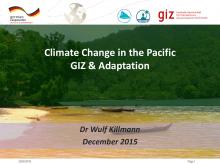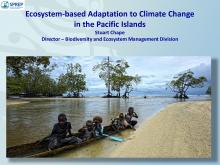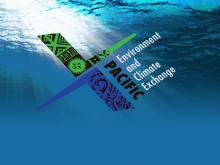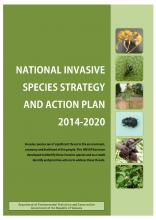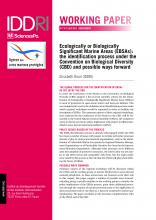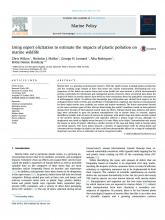Using expert elicitation to estimate the impacts of plastic pollution on marine wildlife

Island and Ocean Ecosystems
Available Online
Hardesty, Britta Denise
,
Leonard, George H.
,
Mallos, Nicholas, J.
,
Rodriguez, Alba
,
Wilcox, Chris
2016
Marine litter is a growing environmental concern. With the rapid increase in global plastics production and the resulting large volume of litter that enters the marine environment, determining the consequences of this debris on marine fauna and ocean health has now become a critical environmental priority, particularly for threatened and endangered species. However, there are limited data about the impacts of debris on marine species from which to draw conclusions about the population consequences of anthropogenic debris. To address this knowledge gap, information was elicited from experts on the ecological threat (both severity and specificity) of entanglement, ingestion and chemical contamination for three major marine taxa: seabirds, sea turtles and marine mammals. The threat assessment focused on the most common types of litter that are found along the world's coastlines, based on data gathered during three decades of international coastal clean-up efforts. Fishing related gear, balloons and plastic bags were estimated to pose the greatest entanglement risk to marine fauna. In contrast, experts identified a broader suite of items of concern for ingestion, with plastic bags and plastic utensils ranked as the greatest threats. Entanglement and ingestion affected a similar range of taxa, although entanglement was rated as slightly worse because it is more likely to be lethal. Contamination was scored the lowest in terms of impact, affecting a smaller portion of the taxa and being rated as having solely non-lethal impacts. This work points towards a number of opportunities both for policy-based and consumer-driven changes in plastics use that could have demonstrable affects for a range of ecologically important taxa that serve as indicators of marine ecosystem health.
